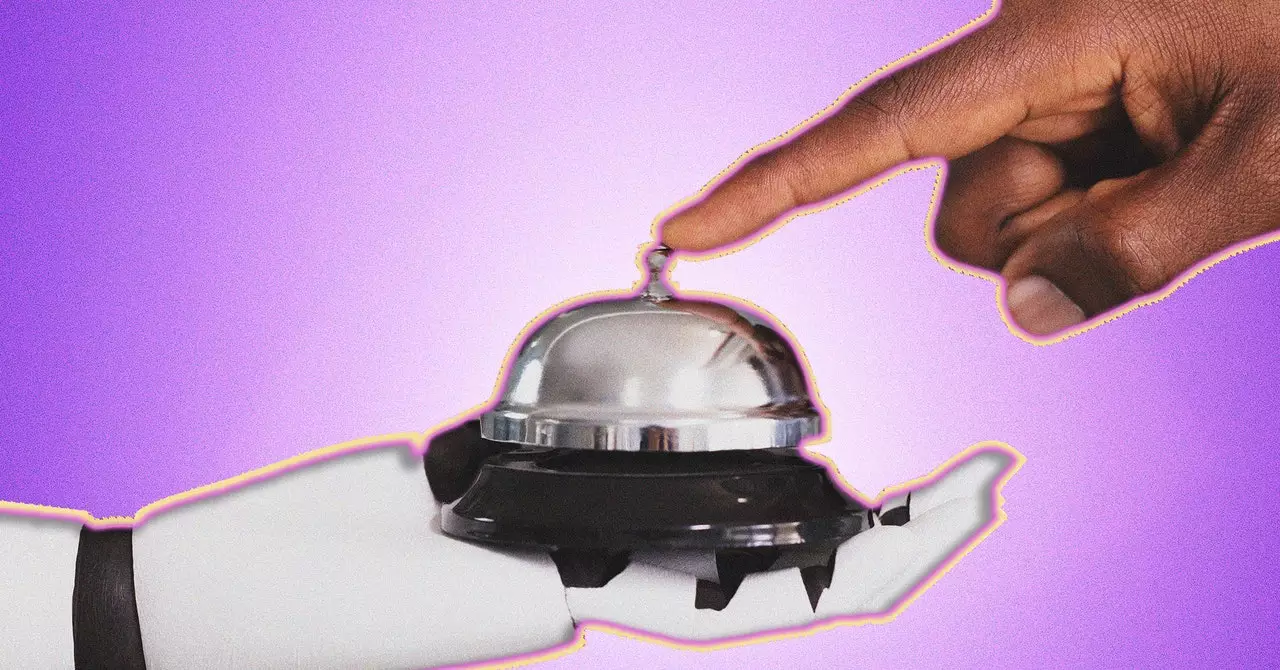The landscape of restaurant hospitality is witnessing a significant transformation with the introduction of artificial intelligence (AI). One of the most notable advancements is the emergence of AI voice assistants tailored specifically for restaurants. These virtual hosts, like Jasmine from the San Francisco-based establishment Bodega, are designed not for mere transactional results but to enhance the customer experience through efficient, polite interaction. While AI voice assistants have been largely concentrated in the consumer sector, the integration of this technology into restaurant operations represents an exciting and underappreciated development that holds the potential to redefine the way diners engage with their favorite eateries.
In a world where technology is beginning to infiltrate daily life at an alarming rate, it seems fitting that the restaurant industry—an area inherently focused on personal interaction—should begin to leverage these advancements. As more establishments adopt AI systems for customer service, the implications of these systems extend beyond just efficiency; they pose questions regarding the authenticity of human connection and the evolving dynamics of hospitality.
Most AI voice restaurant hosts offer a suite of features aimed at addressing common customer inquiries and facilitating reservations. Whether responding to questions about a restaurant’s dress code or assisting diners in making last-minute bookings, these systems can streamline operations significantly. Implementing such technology can alleviate the burden on human hosts, allowing them to focus on creating an inviting atmosphere for diners already seated. Observing how restaurants handle customer queries not only reveals operational inefficiencies but also exposes how AI can enhance the overall dining experience.
Industry leaders and founders of start-ups in this arena, like Alex Sambvani of Slang, emphasize the high volume of calls that popular restaurants receive, sometimes reaching up to 1,000 per month. This high demand for telephone interaction persists even in a digital age dominated by apps and online reservations, indicating that a significant segment of the clientele still prefers the immediacy and warmth of a human voice, albeit a virtual one. This underscores the poignant reality that while digital platforms offer convenience, they cannot entirely replace human interaction, especially for certain demographics such as older patrons or those seeking immediate assistance while multitasking.
AI voice hosts are designed to minimize the typical interruptions that come with phone calls and allow restaurants to manage resources more effectively. Owners like Matt Ho of Bodega SF have recognized the practical advantages of adopting such systems. By effectively handling basic inquiries that often divert staff from attending to customers physically present, AI hosts can enhance service quality in multifaceted ways.
However, the introduction of AI into this arena is not without its challenges. The hospitality industry rests heavily on personal interaction and the experience of human connection. The integration of AI may lead to concerns about losing the “human touch” that defines quality service. Restaurants must navigate these waters delicately, embracing technology while ensuring that customer service remains warm, relatable, and human-centric. The question then becomes how to balance efficiency with the core values of hospitality.
As the voice AI market for restaurants continues to evolve, it represents a significant pivot point for the industry. Multiple startups are now competing for a foothold in this lucrative niche, suggesting that AI is more than just a passing trend—it’s an evolution in service. The eventual outcomes could redefine customer expectations and behaviors toward dining experiences.
Future adoption of this technology could lead to a complete paradigm shift, wherein AI not only serves as a first point of contact but also integrates with other restaurant systems. As the competition heats up with the launch of new features and enhanced language processing capabilities, the evolution of AI voice assistants will likely push the envelope on service personalization. However, it remains crucial for restaurateurs to maintain a human element in their operations, ensuring that the essence of hospitality—the genuine care for guests—does not get lost amidst the rush of technological advancement.
The rise of AI in the restaurant industry is both exciting and challenging. As these technologies develop, they possess the potential to improve the efficiency of dining establishments significantly while also posing vital questions about what it means to provide genuine hospitality. Balancing innovation with empathy will be crucial as restaurants navigate this new territory, ensuring they remain places where customers feel understood and welcomed.


Leave a Reply
You must be logged in to post a comment.